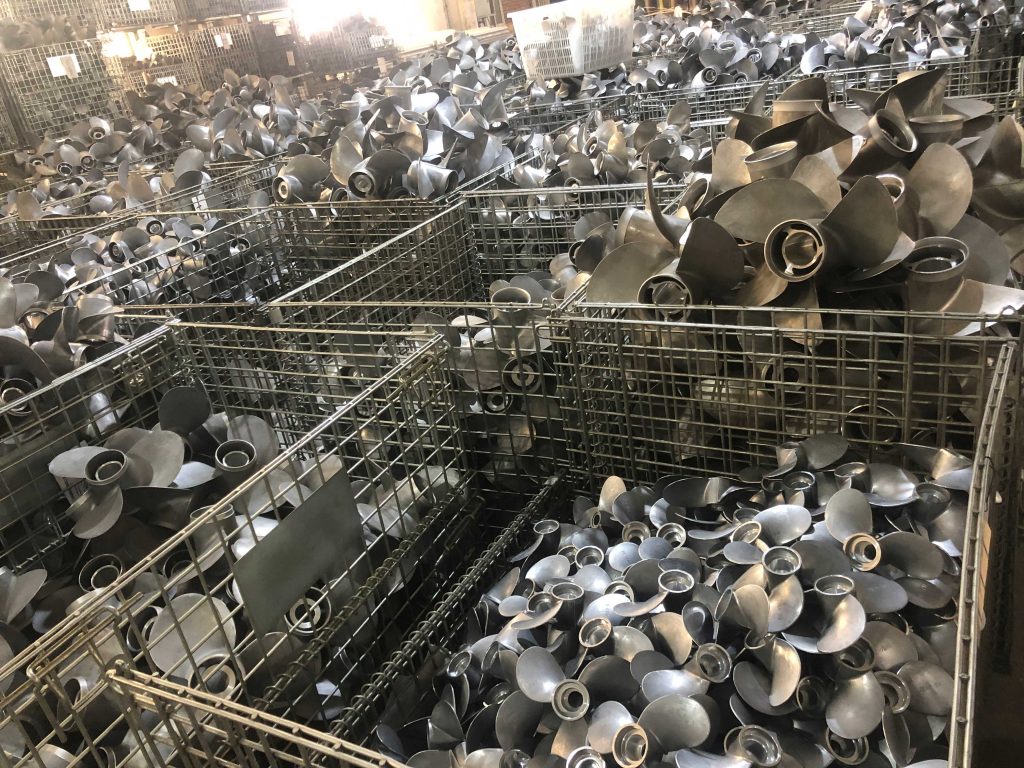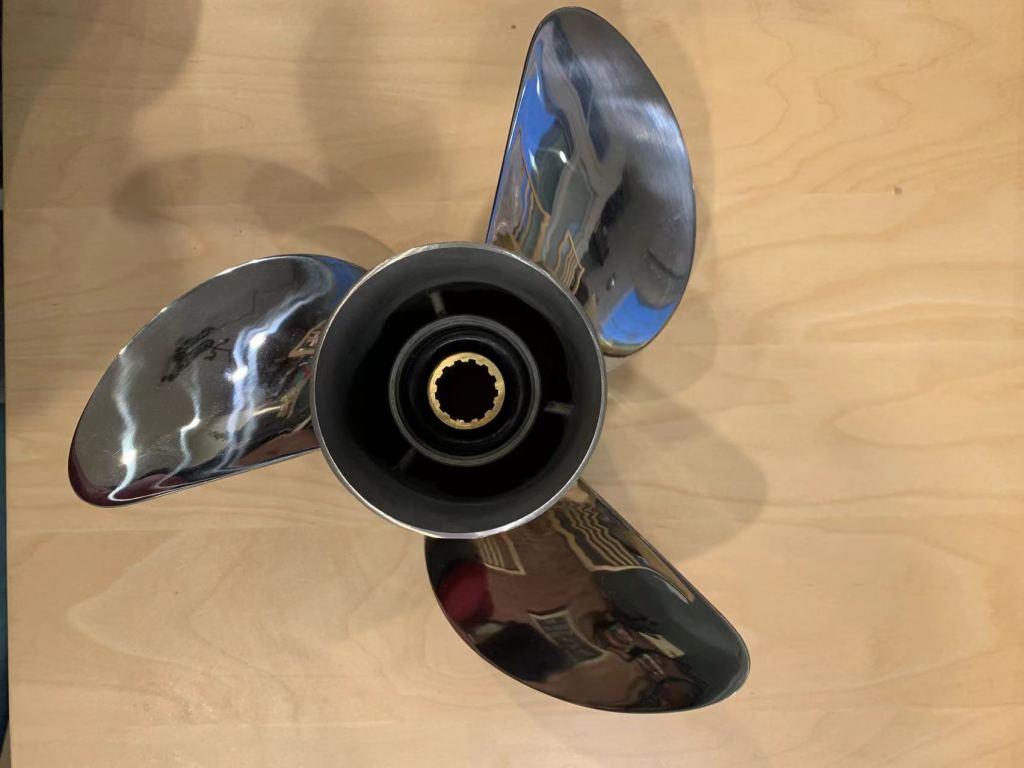
A boat’s propeller is an essential component that is responsible for propelling the vessel through the water. The propeller converts the rotational energy generated by the engine into thrust, which propels the boat forward. Without a working propeller, the boat’s ability to move through the water is severely hindered, and the vessel may struggle to maintain its position or make any forward progress.
The effects of a non-functioning propeller on a boat can vary depending on the circumstances. In some cases, the boat may be able to continue moving through the water using alternative methods, such as paddling or sailing. However, in most cases, a non-functioning propeller will severely limit the boat’s ability to move, and the vessel may become stranded or require assistance to reach its destination.
One of the most significant effects of a non-functioning propeller is the loss of propulsion. Without a working propeller, the boat’s engine will not be able to generate the necessary thrust to move the vessel forward. This can be especially problematic in situations where the boat needs to move quickly, such as in emergency situations or when navigating through strong currents or waves.

In addition to the loss of propulsion, a non-functioning propeller can also cause the boat to become unstable and difficult to control. The propeller plays a critical role in maintaining the boat’s stability and balance, and without it, the vessel may be prone to tipping over or capsizing. This is particularly true in situations where the boat is traveling at high speeds or navigating through rough waters.
A non-functioning propeller can also cause damage to the boat’s engine and other mechanical components. When the propeller is not functioning correctly, the engine may be forced to work harder to compensate for the loss of thrust. This can lead to overheating, mechanical failure, and other issues that can be costly and time-consuming to repair.
Another significant effect of a non-functioning propeller is the impact it can have on the boat’s fuel efficiency. When the propeller is not working correctly, the boat’s engine will need to work harder to maintain its speed and direction. This can lead to increased fuel consumption and higher operating costs.
Despite the many negative effects of a non-functioning propeller, there are some situations where a boat can still operate without one. In some cases, the boat may be able to rely on alternative methods of propulsion, such as paddling or sailing. However, these methods are typically only effective in calm waters or when traveling short distances.

In other cases, the boat may be equipped with multiple propellers, allowing it to continue operating even if one of them fails. This is common in larger vessels, such as commercial ships and cruise liners, which often have multiple propellers to ensure redundancy and reliability.
Ultimately, the impact of a non-functioning propeller on a boat will depend on a variety of factors, including the size and type of vessel, the severity of the issue, and the conditions in which the boat is operating. In some cases, a non-functioning propeller may be a minor inconvenience that can be quickly and easily resolved. In other cases, it may be a significant problem that requires immediate attention and assistance.
To avoid the negative effects of a non-functioning propeller, it is essential to properly maintain and care for the boat’s mechanical components. Regular inspections, maintenance, and repairs can help ensure that the propeller and other critical components are functioning correctly and are in good working condition.

Conclusion About How Does a Boat Do If The Propeller Doesn’t Work
In conclusion, a boat’s propeller is a critical component that plays a significant role in the vessel’s ability to move through the water. A non-functioning propeller can have a range of negative effects on the boat, including the loss of propulsion, instability, damage to mechanical components, increased fuel consumption, and more. While some boats may be able to operate without a functioning propeller in certain circumstances, it is always best to ensure that the boat’s mechanical components are properly maintained and functioning correctly to avoid any potential issues or complications.


